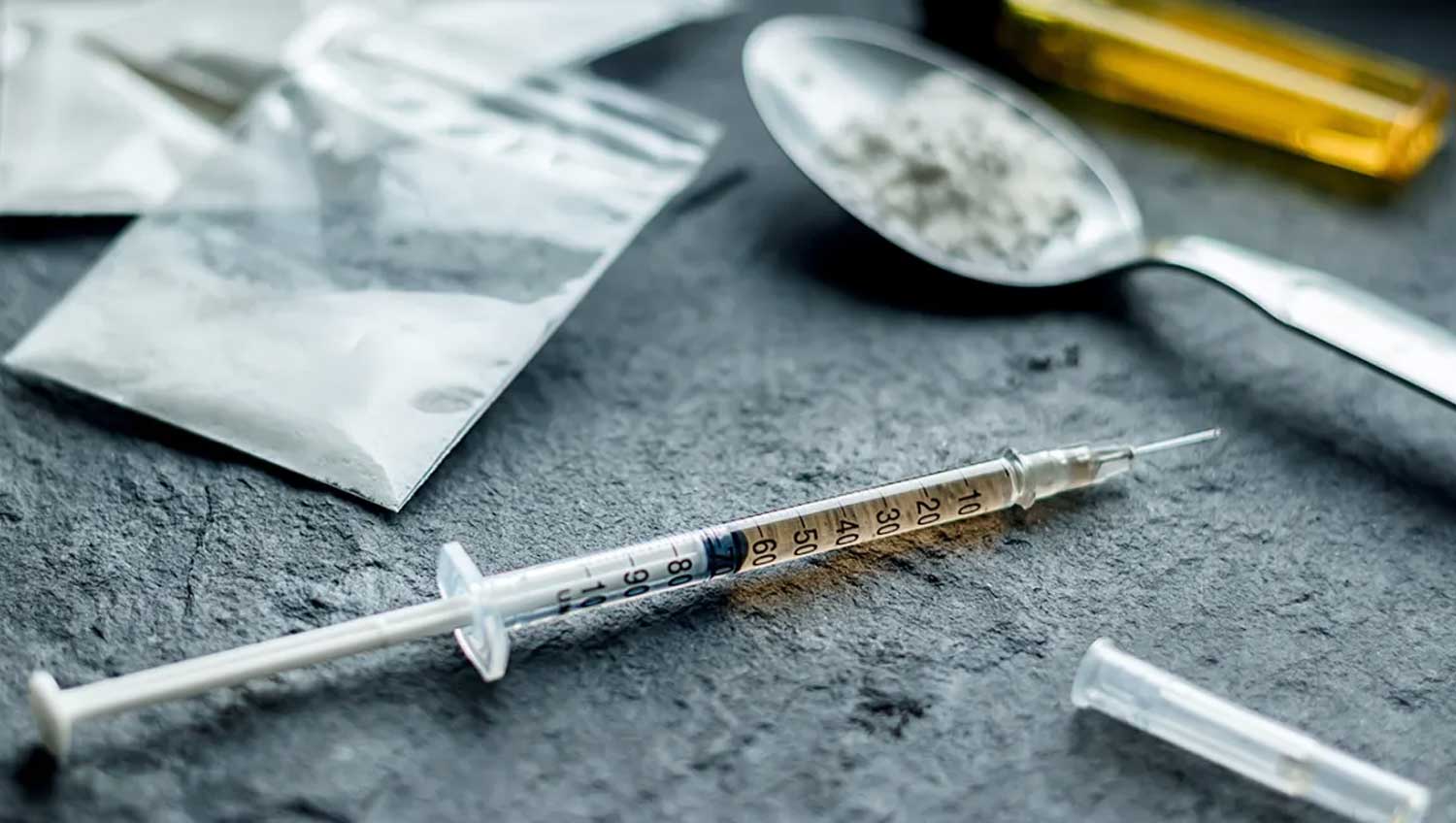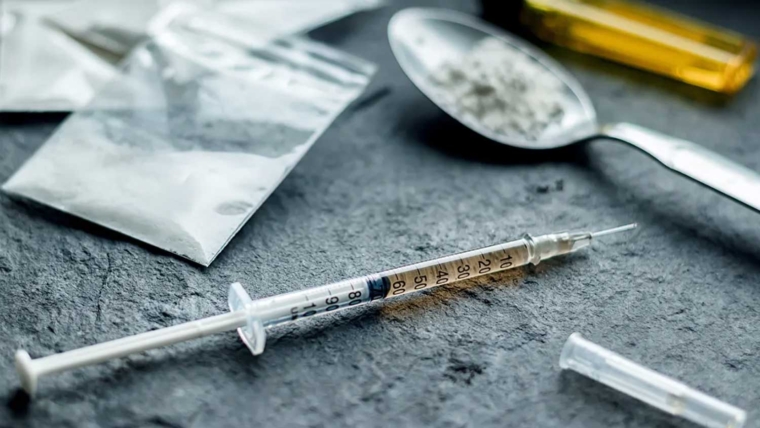Does someone you care about struggle with drugs? You cannot make someone stop abusing drugs, whether it is illegal substances or prescription medication. However, there are strategies to aid in their recuperation.
Recognizing your loved one’s drug use
There are numerous causes for why people begin using drugs. Many people use drugs or alcohol to ease the emotional suffering brought on by mental health conditions like depression, anxiety, or PTSD. Some persons who self-medicate may be aware they have a mental health problem but are unable to discover healthy coping mechanisms, while others go untreated and turn to medicines to treat particular symptoms. Umang Foundation’s Nasha Mukti Kendra in Mansa is helping you to recover from any type of addiction.
Others use drugs to alter their emotions, to blend in, or to get rid of boredom or life unhappiness. Then there are those for whom a doctor’s well-intended attempts to address a medical issue result in substance dependence. Estimates show that more than a quarter of patients who get opioids for pain relief will misuse the medication.
However your loved one began using drugs, and not everyone who takes them goes on to have a problem. Although the precise causes of addiction are unclear, environmental and genetic factors are thought to be involved. While some people can use drugs without experiencing any negative consequences, others find that even occasional usage swiftly develops into compulsion and addiction—a very dark pit from which they may feel helpless to escape. You can get assistance from the Nasha Mukti Kendra in Mansa in this predicament. You can get in touch with Nasha Mukti Kendra in Mansa if you have any queries regarding drug de-addiction.
Detecting drug usage in a family member
It might be challenging to tell if a loved one is abusing drugs. Drug misuse in youths, for instance, frequently resembles typical adolescent moodiness. Furthermore, there is no set quantity or frequency of usage that denotes that a person’s drug use has escalated to the point of concern. Whether you’re loved one uses drugs occasionally or regularly, the negative effects their drug misuse has on their lives are what point to a problem.
These are some indications that a loved one may have a substance use disorder:
Encountering difficulties in job, school, or home. For instance, they appear high more frequently and take more time off from work or school to make up for it. They perform poorly at jobs or at school, disregard their home obligations, and have increasing amounts of relationship trouble. Even worse, they might quit their work, stop going to school or break up with a long-term spouse.
Changes in sleep patterns, a tendency to look tired or run-down, significant weight loss or increase, watery or bloodshot eyes, and forgetfulness or other cognitive disorders are examples of new health issues. Depending on the substance they’re using, they can also show signs like shaking, frequent nosebleeds, or frequent sniffing.
Your loved one can be more evasive and tell lies about their activities, whereabouts, or drug use. If you try to talk to them about their drug usage, they could get angry easily or strike out. Heavy drug users frequently lose interest in previous interests, lack energy, and exhibit increased moodiness, reticence, and sadness. Even worse, they might disregard their appearance and personal hygiene and experience withdrawal symptoms if their preferred substance is taken away. The Nasha Mukti Kendra in Mansa is there to help you if they decide to change their ways. If you have any issues about drug addiction, you can contact Nasha Mukti Kendra in Mansa.
Your loved one might borrow money without a good cause, apply for loans to fund their drug addiction, or pile up credit card debt. Even worse, they might take money or possessions to exchange for narcotics.
How to approach someone about doing drugs
It’s never simple to start a talk about drug addiction with someone, but it’s crucial that you do so from a place of empathy and understanding. Keep in mind that nobody intentionally becomes an addict. Abusing drugs is frequently an ineffective attempt to deal with difficult situations or mental health challenges. Criticizing, belittling, or shaming them will only make your loved one withdraw and might even inspire them to turn to substance misuse for more solace as stress has a tendency to fuel addictive behavior.
It can be shocking, frightening, and upsetting to learn that someone you care about has a drug addiction, especially if they are your child or adolescent. These intense feelings can make conversing with a drug user much more difficult. Therefore, it’s crucial to pick a time when you are both serene, sober, and without interruptions so that you can chat. Provide assistance and support without passing judgment.
Do not wait. You don’t need to wait for your loved one to reach their lowest point—to be in trouble with the law, lose their job, experience a serious illness, or be publicly humiliated—before speaking up. It is best to cure addiction as soon as possible.
Honestly express your worries. Make it clear that you are concerned for the person’s welfare and that you care about them. Be honest about your own concerns and provide particular instances of your loved one’s drug-related conduct that have alarmed you. In order to facilitate a speedier recovery for your loved one, you will need to enroll in a rehabilitation clinic. Nasha Mukti Kendra in Mansa is one of the several centers that help people overcome their addiction to drugs. It has expert doctors who provide you with healthy treatment. It is Mansa’s top Nasha Mukti Kendra, in which professionals treat drug addicted patient or drug addicted people in unique expertise ways. It works on alcohol addiction, comorbid substance abuse problems, mental illness, dual diagnose treatment, and best detox treatment with a speedy recovery.
Even if you disagree with someone, give them the benefit of the doubt and give them the benefit of the doubt while listening to what they have to say. Your loved one will regard you as more supportive and confidant-worthy the more they feel heard by you.
Give them advice on how to deal with their drug use, including how to contact a hotline, consult a doctor or counselor, enroll in the best treatment program, attend a group meeting like SMART Recovery, or join a 12-step program like Narcotics Anonymous.
Be ready for rejection. Your loved one or any drug addicted persons can become hostile or defensive and decline to talk about their drug usage. When faced with their behavior, many people experience shame and will make an effort to downplay or conceal their issues. Don’t dispute with them; simply bring up the subject again later.
Try to refrain from lecturing, threatening, bribing, or punishing the person. Making emotional appeals or getting furious will probably only increase the user’s sense of guilt and strengthen their addiction.
Expecting one chat to solve the issue is unrealistic. You’ll probably need to have a lot more conversations about your loved one’s drug use after this one. Overcoming addiction is a process that takes time. For them to even admit they have a problem—the first step towards recovery—it could take a few chats.
Looking after oneself
The process of your loved one’s drug addiction recovery may take a while, and as it does, the effects on your own health, attitude, and well-being may worsen. In order to prevent burnout from the stress and annoyance that comes with assisting someone gets sober, it’s critical that you keep a healthy balance in your life.
Find assistance: Seek out assistance from close friends and family members you can rely on, as well as from a peer support group for families of drug users. Expressing what you’re going through may be really cathartic. Finding solace, assurance, and fresh coping mechanisms can be found through conversing with people who are dealing with comparable difficulties. You might also consider enrolling in a rehabilitation center facility due to the fact that the staff will treat you like friends and empathize with your challenges. It is the greatest choice available. You can get in touch with the best Nasha Mukti Kendra in Mansa, which is the most reliable organization if you are considering joining.
Stress management: Witnessing a loved one struggle with addiction can be extremely stressful. By maintaining a healthy diet, getting regular exercise, getting enough sleep, and engaging in relaxation exercises like yoga, deep breathing, or meditation, you can lower your stress levels. You can even advise your loved one to stop using drugs because stopping drugs can cause stress levels to rise.
Develop your acceptance: You’ve undoubtedly wondered “Why me?” or perhaps taken responsibility for your loved one’s battle with addiction at some point. However, concentrating on events that are beyond your control will simply deplete your energy and worsen your attitude. Learning to accept the things you can’t alter will help you concentrate on the things you can manage rather than looking for someone to blame or asking questions with difficult answers.
Keep up other relationships and hobbies: It’s simple for your loved one’s addiction fight to take over their life. However, when other aspects of your life are satisfying, you’ll find it simpler to handle a trying circumstance. Make time in your day to explore the interests and connections that make you happy, while also making an effort to keep up with your work, hobbies, and social commitments. You will be able to provide care for your loved one if you follow these guidelines. Assist individuals who are struggling through difficult circumstances. If nothing seems to be helping, your best bet is to visit the Nasha Mukti Kendra in Mansa. They can assist you with any problem that may arise. You can contact Nasha Mukti Kendra Mansa at +91-9815533272.




